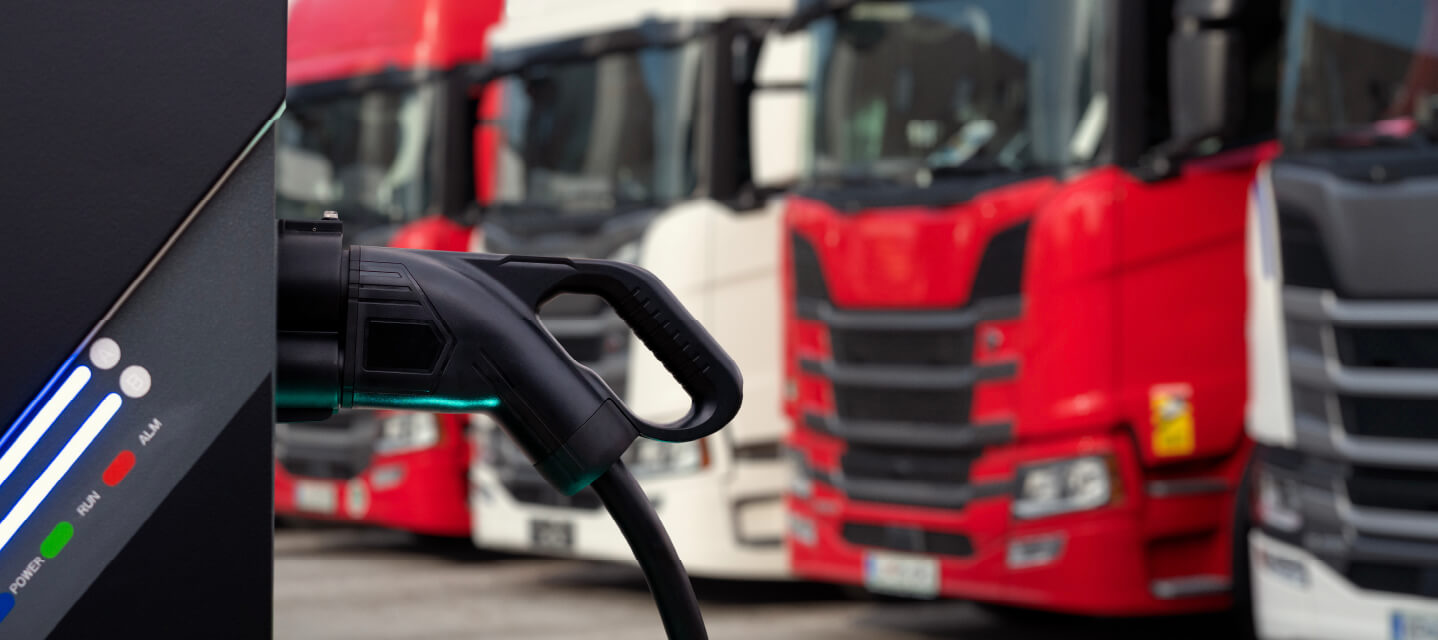The fleet of the future: Electrification, digitalisation and alternative mobility solutions
The role of the fleet manager is currently in flux. We spoke with Geotab mobility experts Laura Schleicher and Tamás Halbrucker about mobility changes, what the day-to-day work of a fleet manager will look like ten years from now and whether company cars will soon be a thing of the past.
By Europe Team
Jul 17, 2022
Updated: Aug 27, 2024

The COVID-19 crisis has brought about a huge shift in how we work on a day-to-day basis. Remote working guidelines and video calls are now a firm fixture in many European companies, and the number of business trips has fallen dramatically. So, has the company car had its day?
Tamás Halbrucker, Senior Solutions Engineer at Geotab: The fact of the matter is—and we can clearly see this from our user data—that activities that can also be performed digitally without any major performance loss are actually increasingly being handled digitally instead of on site. This change does bring some advantages. First and foremost, fewer work-related journeys and business trips means that companies save time and money, but another element is that the risk of employees being involved in a road accident is also reduced. We must remember, though, that there are significant differences in approach between individual sectors and branches of the economy. Mobile outpatient care will continue to rely on company vehicles in the future to provide care for customers and patients. The same applies to the trades and the construction industry, and also to the service, logistics and transport sectors. And in sales, too, personal contact with customers is often the most successful approach.
Laura Schleicher, Sustainability and Public Affairs Specialist at Geotab: What all this means is that, while company cars have not become redundant as a result of digitalisation and remote working, their use is increasingly coming under scrutiny. Company vehicles will remain an integral part of the business model in those areas for which it makes sense. So the company car as we know it is not an end-of-life model as such, but increasingly we are using it in a more efficient and resource-conscious way. Given the surrounding context of the climate crisis and spiralling fuel costs, most companies are giving greater thought to cost and sustainability criteria in relation to their vehicle fleets than they did just a few years ago. The company car is actually losing its significance as simply a symbol of prestige and status. What we are seeing is that an increasing number of company car drivers are now willing to switch to smaller and more economical models for financial and environmental reasons — or even to use one of their company's pool vehicles if necessary.
Sustainability is undoubtedly one of the major trends in fleet management. What other challenges and developments are fleet managers facing?
Laura Schleicher: Professional mobility is increasingly becoming more functional and flexible, and in the future companies will primarily favour mobility solutions that provide mobility on demand. What this actually means is using the mobility model that best meets the needs of employees based on the situation and requirements. That could be a permanent company car, but in some circumstances a shared vehicle, a train or public transport ticket, a taxi voucher or an e-bike might be the best option. The main development for fleet managers in this scenario is that their area of expertise is being expanded — fleet managers are increasingly becoming mobility managers for their companies.
Tamás Halbrucker: In addition to electrification and alternative mobility services, digitalisation will also play an increasingly important role in the fleet in future. The fleet manager's area of expertise has become increasingly complex and demanding in recent years. This trend is set to continue. The requirements in terms of documentation, safety and sustainability are growing constantly, and at the same time fleet managers in many companies are under increasing cost pressure.
Digital connected car solutions can make the fleet manager's day-to-day work much easier. As well as helping to create an up-to-date overview of the utilisation and cost situation for the fleet at all times, they can also almost completely automate laborious, often unpopular processes. This starts with driving licence checks and extends on to routing, fuel and charging management, and processing of accident claims.
The fleet of the future will largely be managed digitally, with many processes running practically automatically. Intelligent software platforms will help fleet managers to make data-based decisions that best meet the requirements of the company and its customers, not only from a sustainability perspective, but also in terms of costs and efficiency.
What will the role of fleet manager look like ten years from now?
Tamás Halbrucker: Even today, mobility is no longer an end in itself, but is increasingly measured on the basis of its outcomes. At Geotab, we talk about management by measurement. This change also has an impact on the role of fleet manager. The day-to-day work of tomorrow's fleet managers will be focused primarily on data and how to correctly use and analyse it.
The questions that will shape the fleet of the future are: "Which employee is using or has a need for which mobility solution?", "Where do we have unutilised resources?", "How does the cost situation look currently?", "Does the data indicate an imminent need for repairs?", "What are the emission figures for the entire fleet?". Questions like these can only really be answered fully with telematics and the networking of vehicle data. The role of fleet manager is therefore becoming increasingly data-based and digital.
Laura Schleicher: The role is also becoming much more varied at the same time—if you think about new forms of mobility, for instance—and above all it is becoming more important for companies. Ten years from now, the success of a company will be measured less by its products and more by its contribution to societal developments.
Sustainability has a central role here. In most companies, the vehicle fleet is not only one of the biggest cost pools, but also the biggest source of emissions. As sustainable mobility becomes an everyday reality rather than the exception, so too will the role of fleet manager become more important within companies. So the fleet manager of the future is someone who understands mobility with all its many facets and effects, and who also has the necessary expertise to make adjustments within the fleet to ensure optimum benefit for all stakeholders.
Subscribe to the Geotab Blog
The Europe Team writes about fleet news in Europe.
Subscribe to the Geotab Blog
Related posts
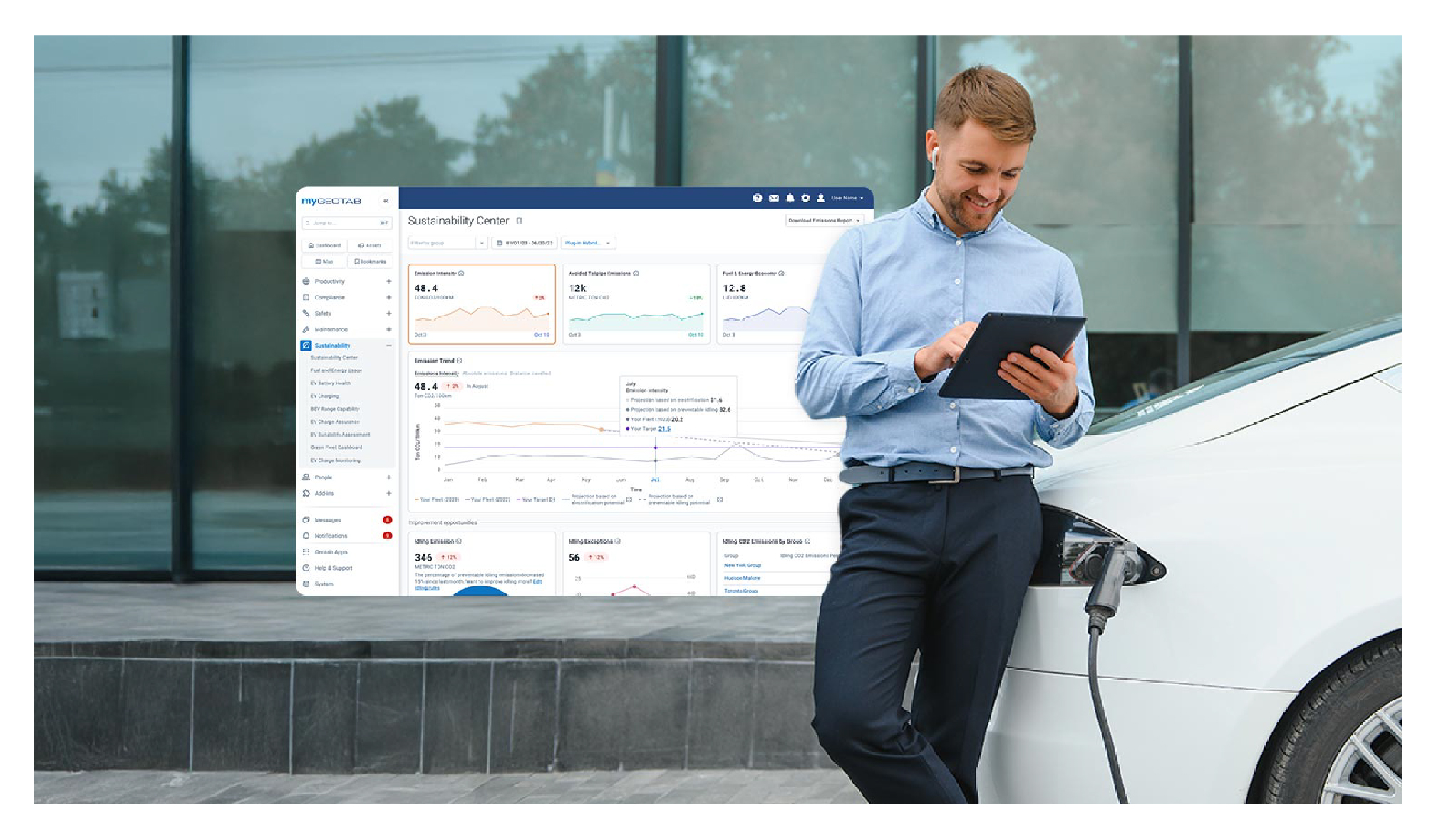
Geotab’s new fleet Sustainability Center simplifies fuel and emissions reduction
June 13, 2025
3 minute read
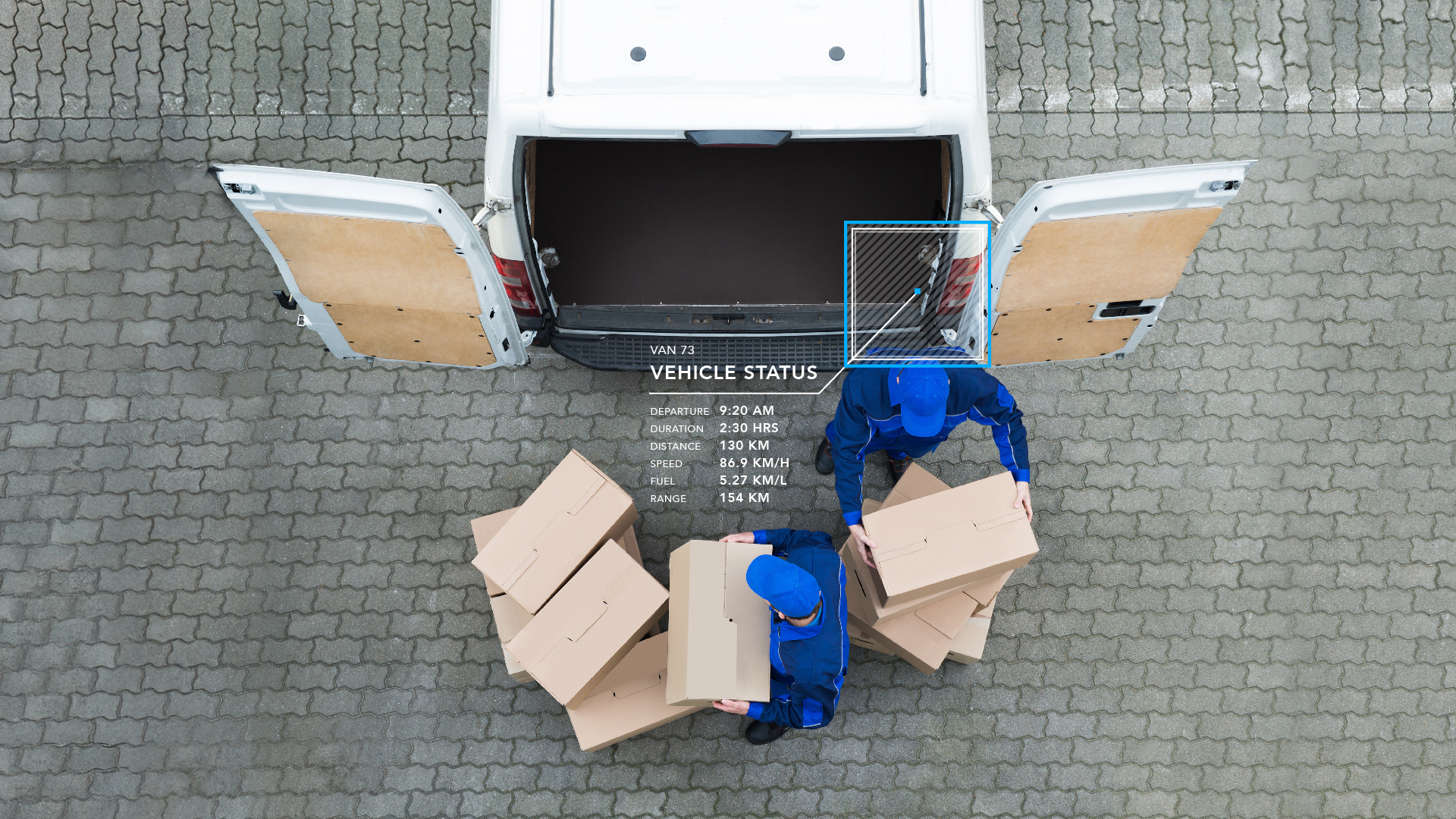
Strategic Implementation of Telematics for Optimising Last-Mile Delivery Operations
April 1, 2025
2 minute read
.jpg)
Lead with Trust: How Geotab Helps Businesses Navigate CSRD Compliance
March 19, 2025
2 minute read
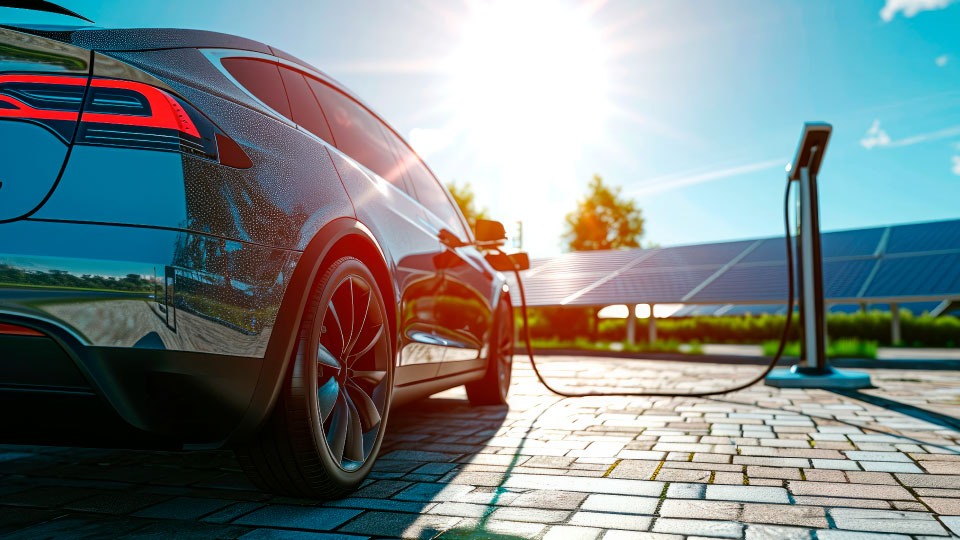
2030 or 2035, the UK Needs Meaningful Action on EVs Now
September 6, 2024
2 minute read
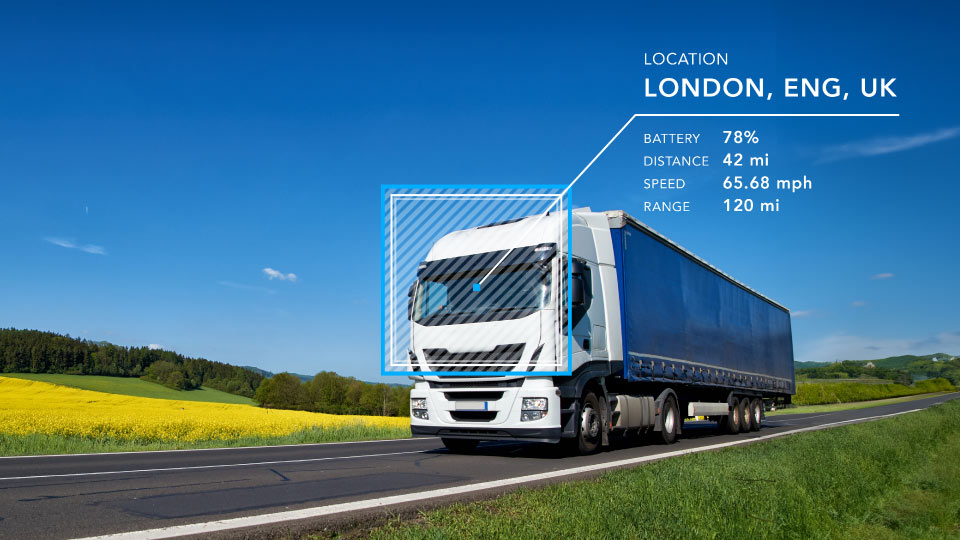
Driving smarter: Insights from Geotab’s “Taking Charge” Report
August 8, 2024
2 minute read

